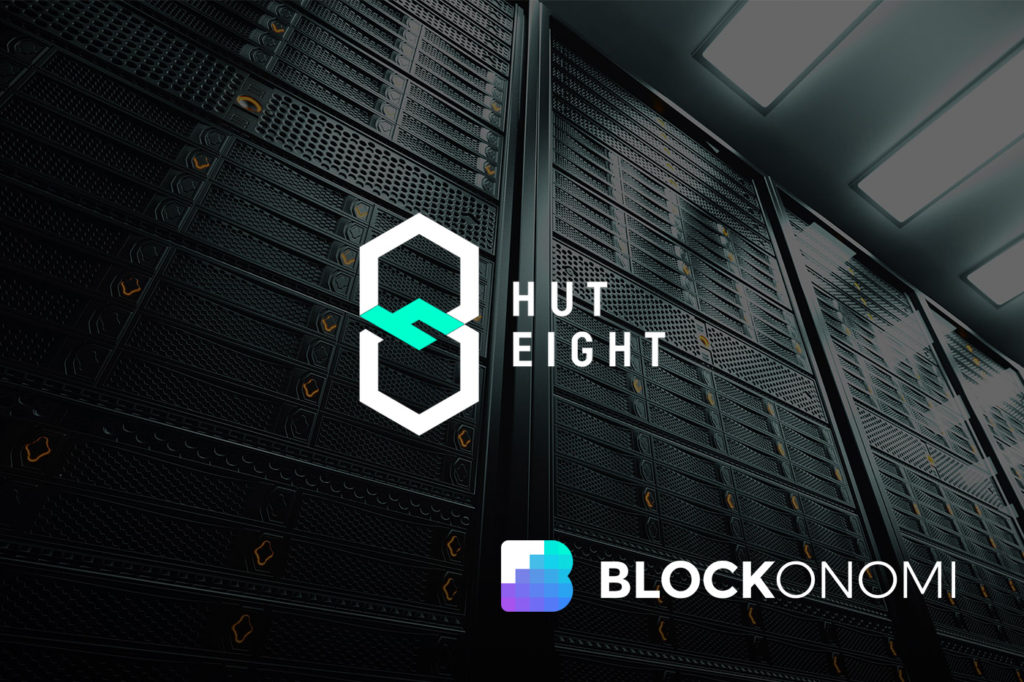TLDR
- Hut 8, a Bitcoin mining company, received a $150 million investment from Coatue Management.
- The investment is aimed at building AI-related infrastructure.
- This deal reflects a growing trend of AI firms seeking power and infrastructure from Bitcoin miners.
- Hut 8’s shares rose following the announcement, as did other Bitcoin mining-related data center stocks.
- The investment is through convertible notes with an 8% annual interest rate.
Hut 8, a prominent Bitcoin mining company, has announced a significant $150 million investment from Coatue Management. This move highlights a growing trend in the tech industry: artificial intelligence (AI) firms turning to Bitcoin miners for their power and infrastructure needs.
The investment, made through convertible notes, comes with an 8% annual interest rate and a conversion rate of $16.395 per share. This price represents a 45% premium over Hut 8’s 10-day volume-weighted average price through June 20, 2024. The deal is expected to close by July 11, 2024.
Hut 8, based in Miami, is known primarily as a Bitcoin miner but is now positioning itself to become a leader in the AI infrastructure market. The company plans to use its experience in developing and operating complex energy infrastructure to meet the increasing demand for AI computing power.
Philippe Laffont, Founder and Portfolio Manager of Coatue, explained the reasoning behind the investment:
“We are committed to supporting innovators advancing AI and believe that compute capacity is crucial to unlocking significant growth across the ecosystem. We believe that Hut 8 is well-positioned to accelerate new compute capacity and can capitalize on the opportunity it will bring.”
The news had a positive impact on Hut 8’s stock, which rose about 4% following the announcement. Other Bitcoin mining-related data center stocks also saw gains, with Soluna Holdings surging nearly 17% and Applied Digital adding about 10%.
This investment reflects a broader trend in the tech industry. AI and high-performance computing (HPC) firms are increasingly looking to the Bitcoin mining industry to secure their need for computing power. Bitcoin miners often have the necessary computing capacity and favorable deals with power suppliers that AI and HPC companies require.
Hut 8 CEO Asher Genoot commented on the partnership:
“We are thrilled to be partnering with Coatue, given the firm’s deep expertise and long track record of investments in the AI ecosystem. We believe this partnership will allow us to unlock significant opportunities and connectivity to the broader space as we enter this next phase of growth.”
The company highlighted the current gap in the market, stating,
“Many traditional data center operators are failing to meet the surging demand for AI compute capacity due to power shortages, long lead times to bring new capacity online, and the extensive upgrades required for existing data centers to support the latest generation of high-density compute.”
Hut 8 isn’t alone in this shift towards AI infrastructure. Other cryptocurrency miners, including Core Scientific and TeraWulf, have also entered the high-performance computing business, hosting data centers or making deals with AI companies.
This trend has caught the attention of major financial institutions. JPMorgan suggested that the demand for power by large-scale data centers and AI firms could spark a new era of mergers and acquisitions for Bitcoin miners with attractive power contracts.
Coatue Management is also an investor in CoreWeave, a cloud computing provider that recently offered to buy Core Scientific, another Bitcoin miner, for over $1 billion. Core Scientific rejected the offer, saying it undervalued the company.
As of March 31, 2024, Hut 8 ranked second among listed miners in terms of Bitcoin holdings, with 9,102 Bitcoins held in reserve, worth approximately $557 million at the time of the announcement. The company operates a portfolio of 19 sites.
This pivot towards AI infrastructure comes at a crucial time for Bitcoin miners. With the Bitcoin halving event in April 2024, many mining firms have been seeking ways to diversify their revenue streams and remain competitive amid profitability challenges.





